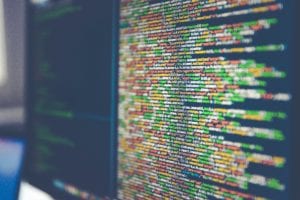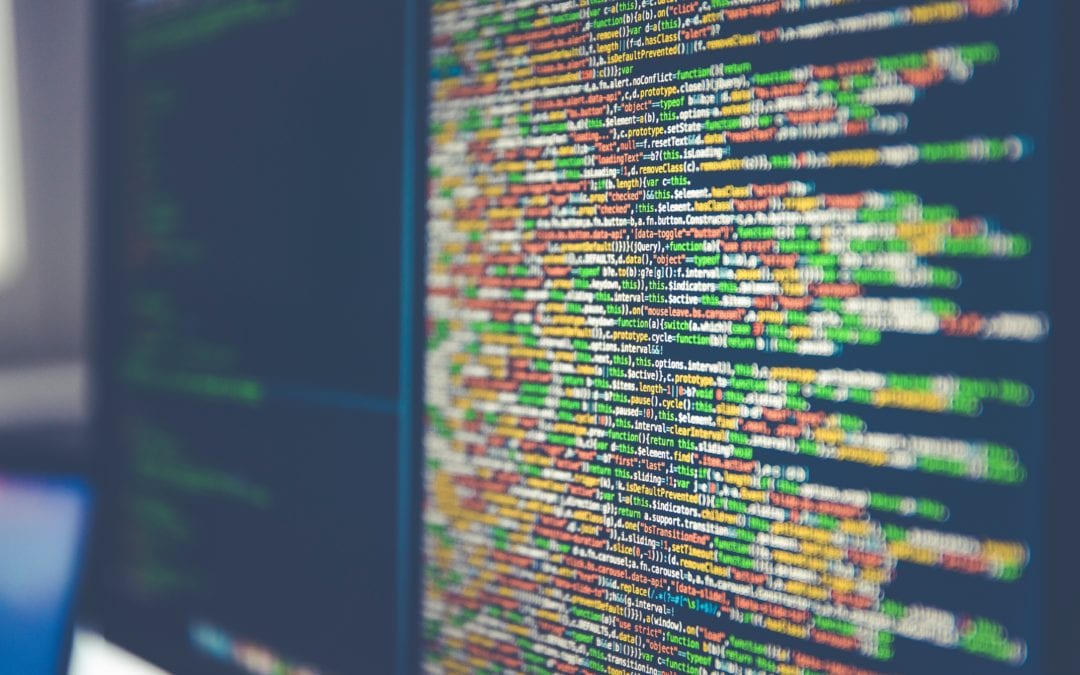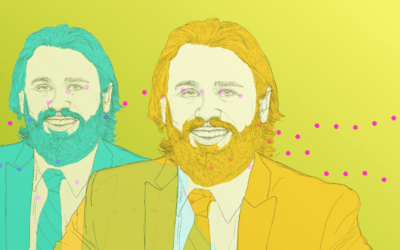Presented by the NEXUS Futurism Lab:
The rapid advancement and adoption of information and communication technologies (ICT) play a decisive role in virtually all aspects of modern society. Differential societal conditions significantly affect access and utilization to ICT yielding what has been classically termed “the digital divide”. Similar to root causes of climate change, the digital divide is the end product of upstream social, financial, economic, geographic, and educational inequalities that not only affect ICT access but the capacity to use ICT effectively. Furthermore, those with the enhanced ability to codify knowledge can almost perpetually dictate the dissemination of information, which influences perceived forms of cultural reality. Borrowing from Everett Rogers’s Diffusion of Innovations (DOI) theory, the digital revolution that largely occurred in the developed western world inevitably led to an advantage in accelerated adoption and usage. Education, industry, and coding languages were thus constantly tailored towards developing data-intensive workforces. The manner in which this article is written comes from a certain western education narrative that may not be straightforward to follow for another with a vastly different skill set, language, and culture.
 Furthermore, those in historically optimal economic and sociodemographic conditions will continue to exponentially outpace those that are historically disadvantaged. For example, a student in rural Africa may not be able to complete an internationally recognized thesis due to inaccessibility to newer versions of hardware/software and/or broadband internet for bandwidth-intensive applications. Hence, lack of digital access can lead to illiteracy and more access does not necessarily lead to more effective and equitable data use. These ICT gaps have also been influential in lean technological development of, for example, medical mobility devices (mhealth) in resource-poor countries (e.g. frugal design). Although they have vastly improved healthcare delivery, one concern is that they may perpetually exist as a substitute for well-functioning health infrastructure. Hence, in the long-term, the fear is that they may do little to address the underlying social and fundamental determinants of inequalities derived from the digital divide.
Furthermore, those in historically optimal economic and sociodemographic conditions will continue to exponentially outpace those that are historically disadvantaged. For example, a student in rural Africa may not be able to complete an internationally recognized thesis due to inaccessibility to newer versions of hardware/software and/or broadband internet for bandwidth-intensive applications. Hence, lack of digital access can lead to illiteracy and more access does not necessarily lead to more effective and equitable data use. These ICT gaps have also been influential in lean technological development of, for example, medical mobility devices (mhealth) in resource-poor countries (e.g. frugal design). Although they have vastly improved healthcare delivery, one concern is that they may perpetually exist as a substitute for well-functioning health infrastructure. Hence, in the long-term, the fear is that they may do little to address the underlying social and fundamental determinants of inequalities derived from the digital divide.
In an age where we are increasingly defined by our access and usage of digital platforms, new forms of digital (il)literacy are being born even in “developed” societies like the USA. If access and use of information can begin to solve a breadth of systemic issues, then leveling the playing field for global populations may help spur innovations we can’t even see yet. By default, we are only using a small percentage of the global population to tackle worldwide issues affecting all of us. As we continue to outgrow the manner in which we use resources and approach the horizon as an interplanetary species, one can hope that novel concepts of global identity may help us look through a lens of increasing cooperation. Similar to other species contributing to a healthy ecosystem, we too may begin to recognize that our individual well-being is inextricably linked to that of each other and our other companion species. While competition has certain benefits, it is cooperation that has enabled physically inferior homo sapiens to effectively spread and dictate the planet’s destiny. Ironically, maybe solving the digital divide, a conduit for the continuation of our stories, will be the language that reconnects us back to each other and our physical biosphere.
Written by: Dr. Nathan Walworth, Co-Chair of the NEXUS Futurism Lab
Contact: nate@covalence.cc
Photo credit: Markus Spiske





Recent Comments